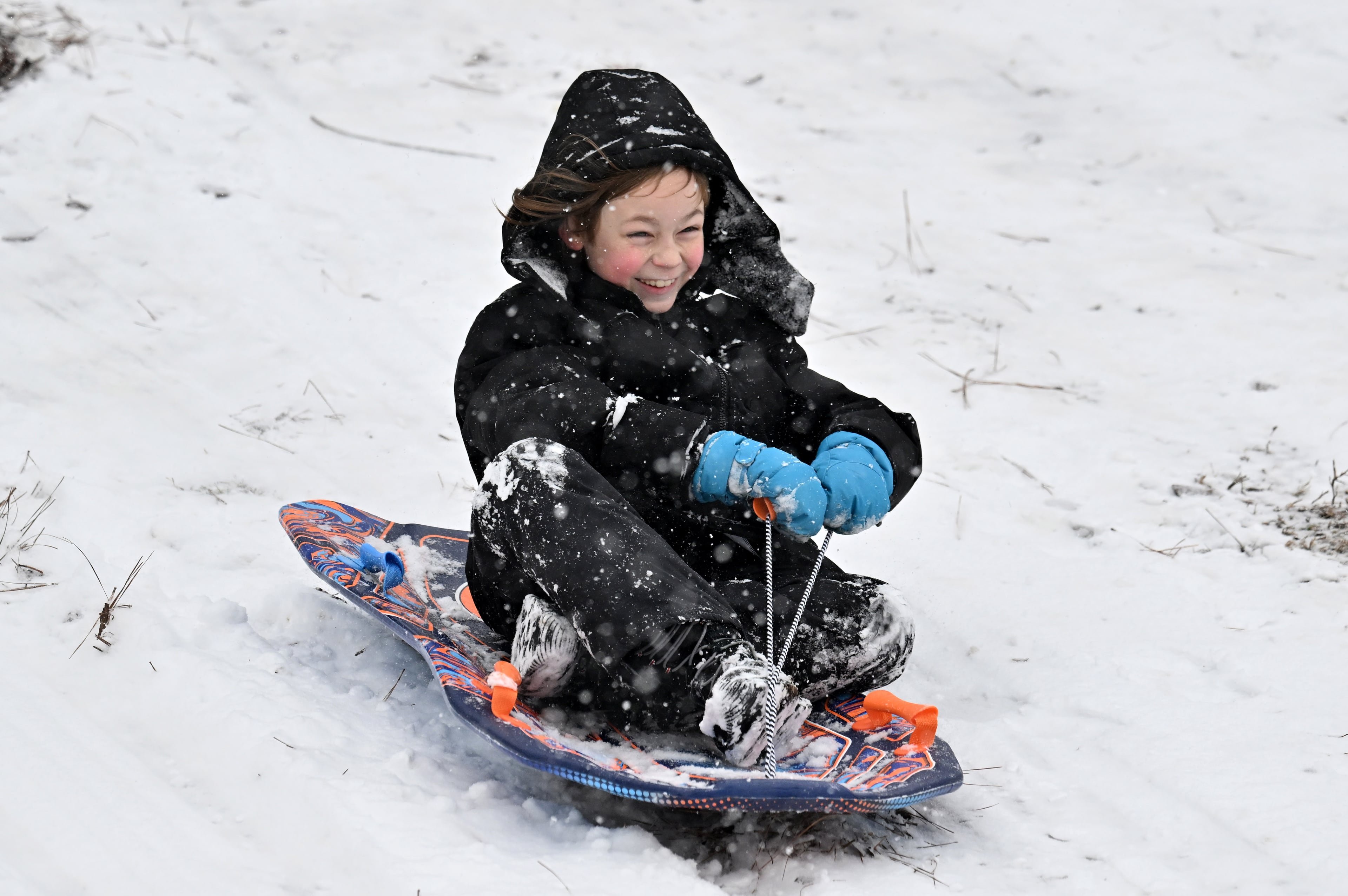How to keep your pets safe during Hurricane Helene
Hurricane Helene will likely drench much of the state. When preparing either to weather the storm or flee it, be sure your plans include what your pet will need.
Here are some simple tips to keep your pets safe:
Plan for safety and comfort
The Palm Beach Post, which knows a thing or two about hurricanes, said you should not leave pets at home, especially if you live in an evacuation area. If you’re at work and can’t take Princess with you, the Georgia Emergency Management Agency recommends having a trusted neighbor check on them or bring them in.
GEMA also warns most public shelters can’t accept pets because of health regulations, so you need to plan accordingly.
- Find pet friendly hotels along your evacuation route and keep a list in your pet ready kit. Visit Go Pet Friendly for hotels outside Georgia.
- Locate boarding facilities or animal hospitals near your evacuation shelter.
Can’t find a safe place for your four-legged family member? Ask friends, relatives or others outside the flooding area if they can house Fido.
Although we know you keep up with your pet’s vaccinations, get any needed shots before bad weather hits. Infectious diseases can become a big threat after a disaster, the Post warns.
Set up a pet disaster kit
GEMA also recommends basic survival items and items to keep your pet happy and comfortable. The list includes:
- Food: At least a three day supply in an airtight, waterproof container.
- Water: At least three days of water specifically for your pets.
- Medicines and medical records
- Important documents: Registration information, adoption papers and vaccination documents. Talk to your veterinarian about microchipping and enrolling your pet in a recovery database.
- First aid kit: Cotton bandage rolls, bandage tape and scissors; antibiotic ointment; flea and tick prevention; latex gloves, isopropyl alcohol and saline solution. Including a pet first aid reference book is a good idea too.
- Collar or harness with ID tag, rabies tag and a leash
- Sanitation. Pet litter and litter box if appropriate, newspapers, paper towels, plastic trash bags and household chlorine bleach.
- A picture of you and your pet together: If you become separated, a picture of you and your pet together will help you document ownership and allow others to assist you. Include species, breed, age, sex, color and distinguishing characteristics.
- Familiar items: Familiar items, such as treats, toys and bedding can help reduce stress for your pet.
Runaway precautions
If your pet gets lost or escapes while evacuating, proper identification will increase your chances of getting it back. Fluffy’s tag should include your cellphone number. A better option — because collars can come off — would be to get them microchipped.
You should have a pet carrier or cage for each critter, ensuring it’s large enough for the animal to stand up and turn around comfortably.
And much like you’d photograph your child on the first day of school, take pics of your pet from the front and sides with your cellphone so they’re with you.
If your pet flees or gets lost in the chaos, check with a metro shelter before you panic.
Cobb: Cobb County Animal Control, 1060 Al Bishop Drive, 770-499-4136
DeKalb/Intown Atlanta: DeKalb County Animal Services, 3280 Chamblee Dunwoody Road Chamblee, GA 30341, 404-294-2996 (follow the prompts for the correct department)
Gwinnett: Gwinnett County Shelter Pets, 884 Winder Highway, 770-339-3200
North Fulton/Intown Atlanta: Fulton County Animal Services, 860 Marietta Blvd. NW, 404-613-0358

